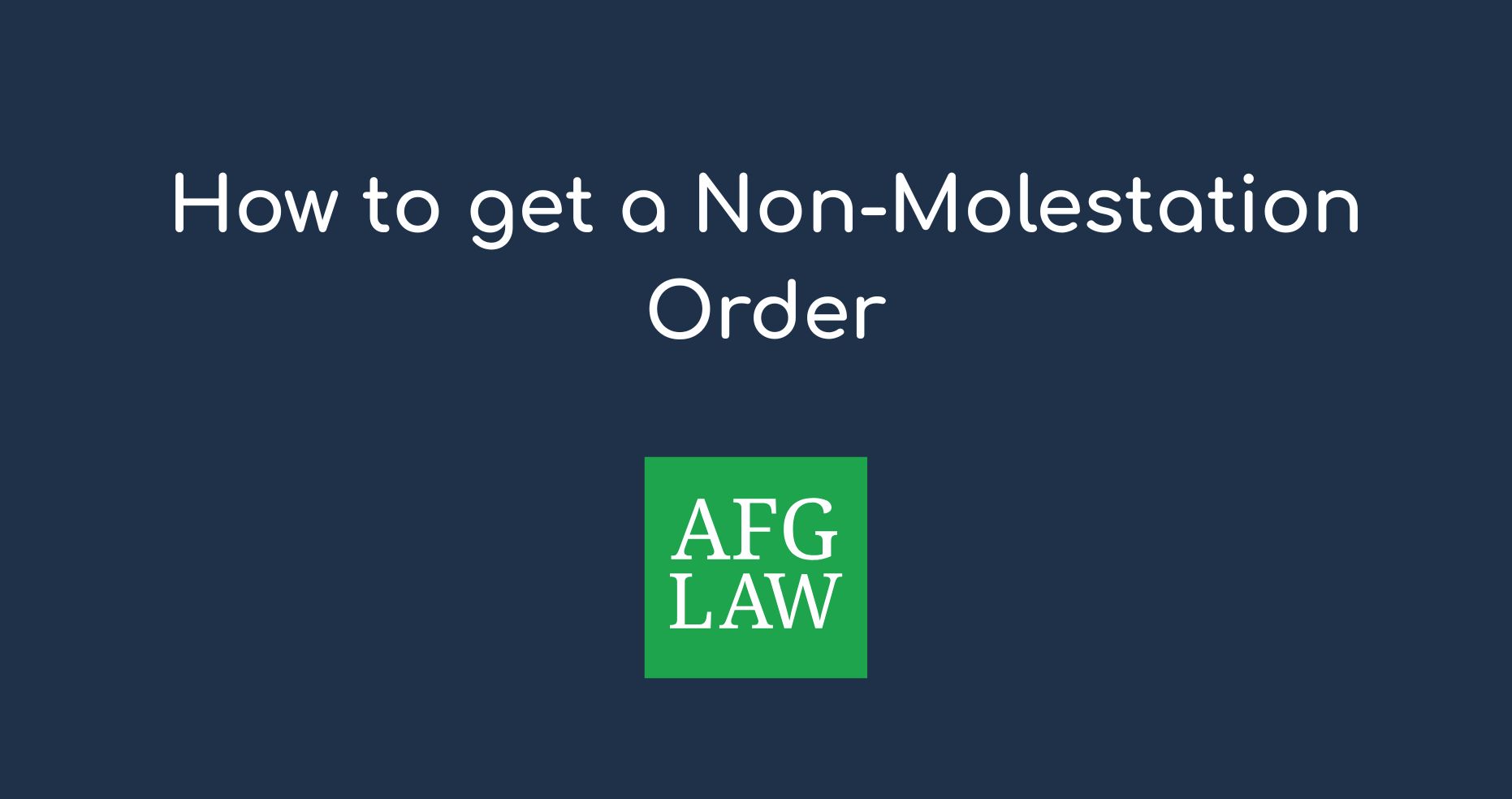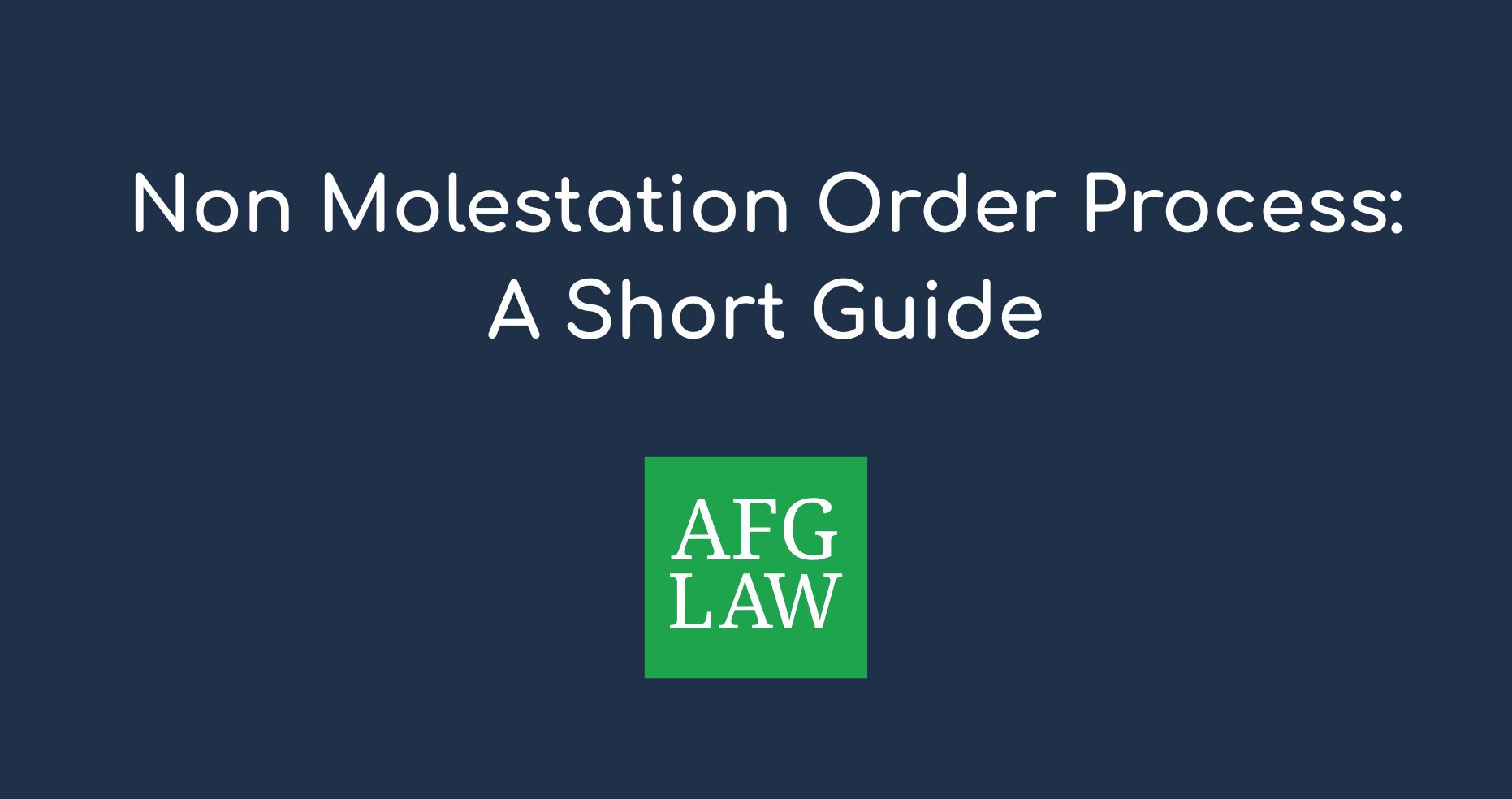Are you a tenant taking a new lease?
Taking on a new lease, particularly as a new tenant, can be a big commitment. A lease will inevitably contain obligations on you as tenant. You need to understand those obligations. A lease will place obligations on you to do certain things such as repairing the property during the term of the lease. The tenant covenants may also require you to do certain things when the lease its terminated.
We can help you. We understand that you may want to keep the process simple. With costs starting from £395.00 plus VAT we can review the lease and provide you with an explanation of the key obligations with the lease. We can also complete the legal process for you if you require it. Contact commercialpropertyenquiries@afglaw.co.uk for further information or call us on 0161 5152577
10 key points to note for new tenants:
Heads of Terms: Before the Lease is drafted the Landlord will usually prepare Heads of Terms. This is a summary of the key terms that that Landlord and Tenant have agreed and which will be incorporated into the Lease. It is important that you understand the terms. If you do not you should seek legal advice on the terms before confirming your agreement to them.
The Term: a lease will be for a fixed term. As a tenant you cannot terminate the lease early unless the landlord consents or you have a “break option”
Extras: make sure you are aware of all payments that will be due under the lease. In addition to rent there may be other payments due such as VAT, insurance rent and service charge payable.
Repair: you should be aware of the extent of your repair obligations. If the property is in a poor state of repair then you should ensure you are not required under the terms of the lease to improve the state of repair. This is a common mistake unrepresented tenants make.
Alterations: Most leases restrict a tenant’s ability to carry out alterations, both internally and externally, without the landlord’s consent. A landlord will usually make a charge for providing that consent.
Rent Deposit: if the Landlord requires a rent deposit they will require that to be paid on completion of the Lease and then will usually wish to hold it for the duration of the lease. It can sometimes be possible to negotiate that the rent deposit be released earlier but these negotiations are best done as early as possible.
Guarantor: Landlords can be nervous when taking on a tenant that has not rented a property before. Be prepared for the landlord to ask for a guarantor. A guarantor is a third party who agrees to comply with the tenant’s obligations if the tenant cannot do so. This is a significant commitment for a guarantor so their obligations should be considered carefully. A guarantor is usually required to guarantee the lease for the duration of the term although again it can be possible to negotiate an early release from those obligations. This issue is again best raised as early as possible in the lease negotiations.
Use: Be clear to the Landlord on what you will use the property for. The landlord will limit what the property may be used for. This is what is may be called as the “permitted use”. It I important the lease specifically covers what the property will be used for. If it does not then the Landlord could prevent you from using the property for your intended use but you would still be bound by the rest of the covenants in the Lease, including the obligation to pay rent.
Assignment: If a tenant cannot terminate a lease early because they are tied in for the fixed term another option for them is to assign the lease. Most business lease contain restrictions on tenants wishing to assign. It is important for a tenant that the ability to assign (also known as alienation) is as flexible as possible. It is common for a lease to require a tenant to provide an authorised guarantee agreement on assignment. This means an outgoing tenant has to guarantee the obligations of the incoming tenant.
Landlord and Tenant Act 1954: Leases can be “included” or “excluded”. This becomes relevant when the initial lease expires. If a lease is “excluded” from the security of tenure provisions of the Landlord and Tenant Act 1954, a Landlord can refuse to renew a lease and specifically require a tenant to move out of a property. In this situation, if a tenant has goodwill for their business in the property, they will not be compensated for that loss. Whereas if a lease is “included” or protected by the Landlord and Tenant Act 1954 a landlord can only refuse to renew the lease in very limited circumstances.
Our commercial property team can help you with a full range of legal services.
Contact commercialpropertyenquiries@afglaw.co.uk for further information or call us on 0161 5152577









